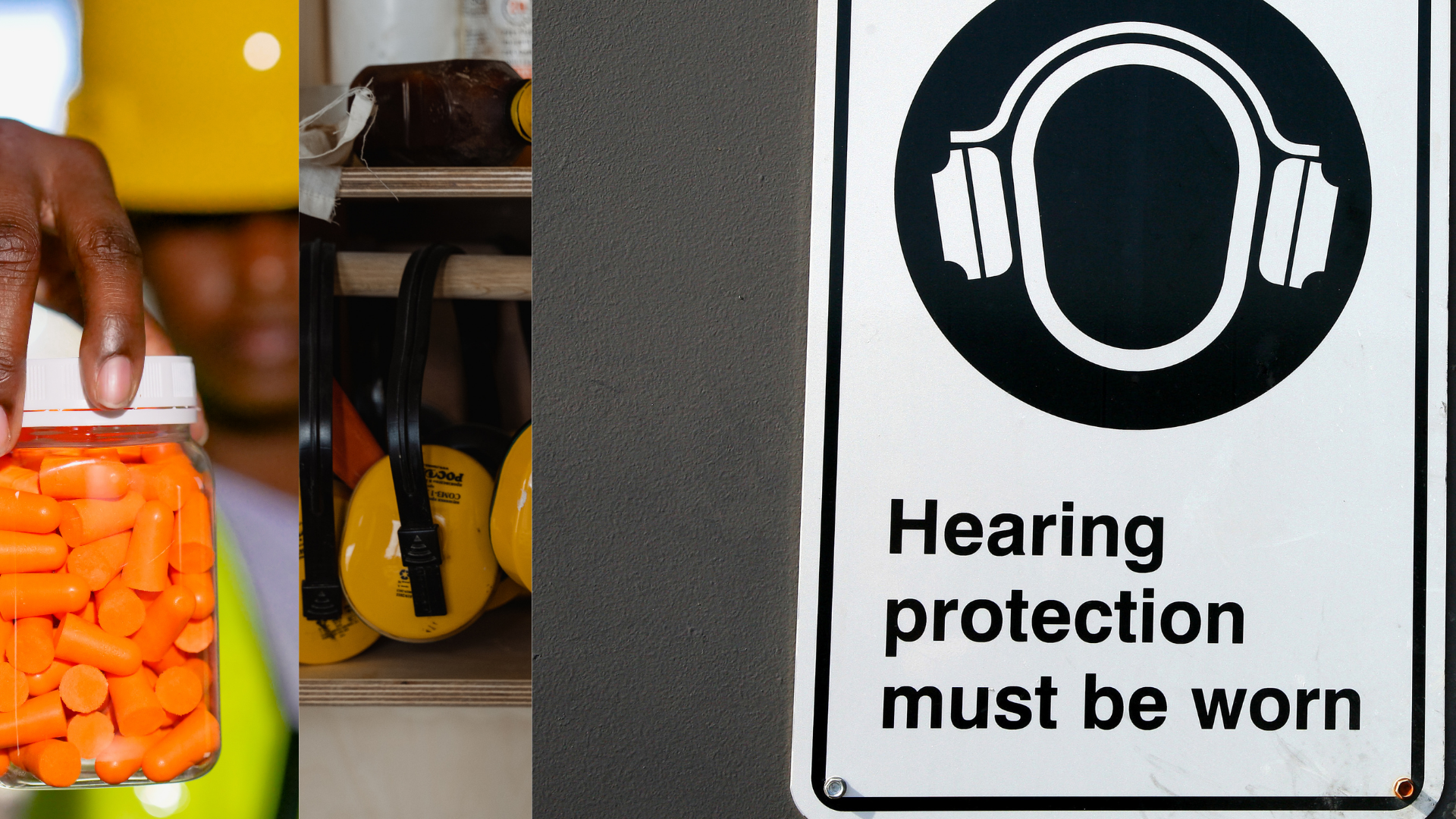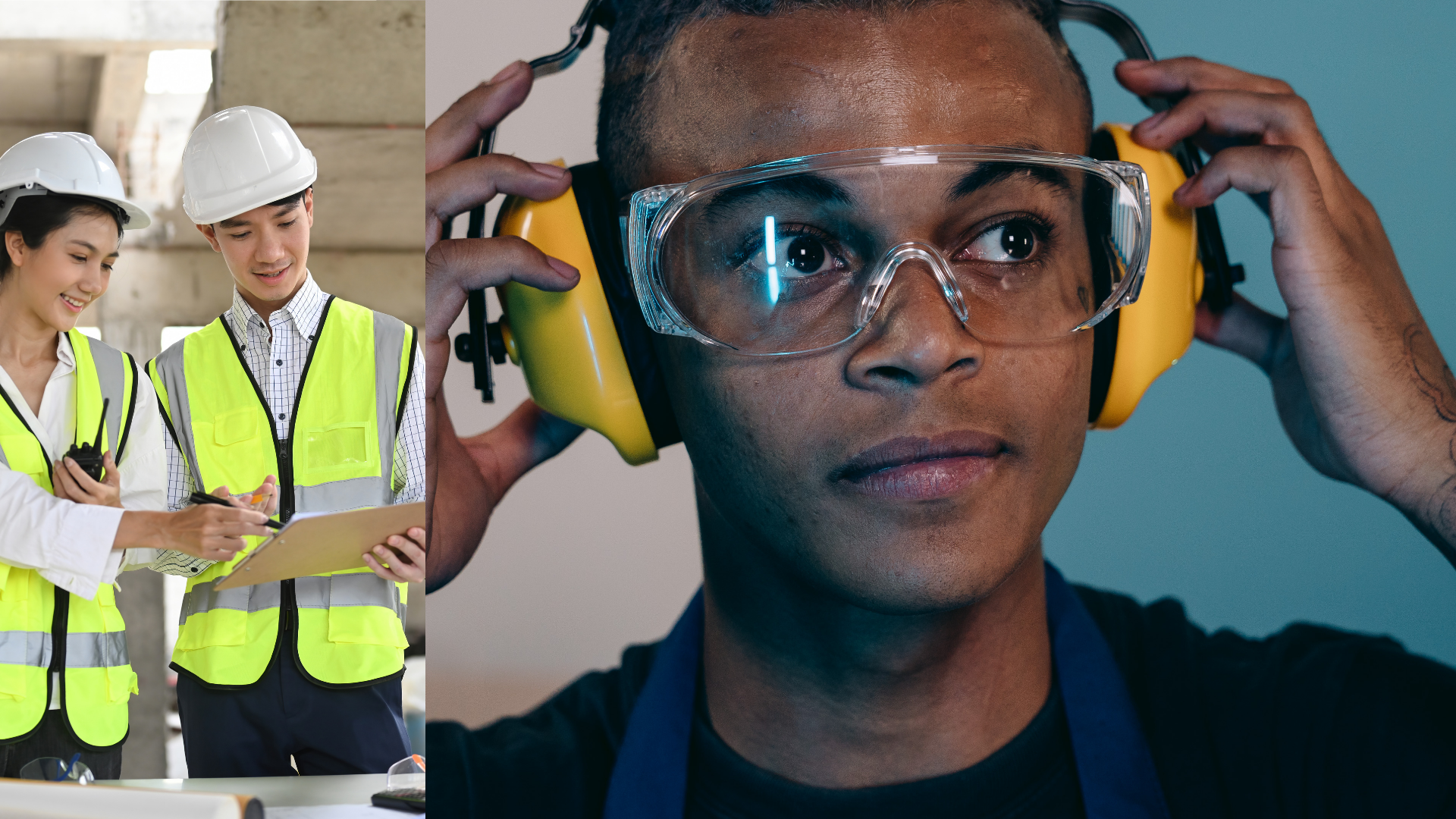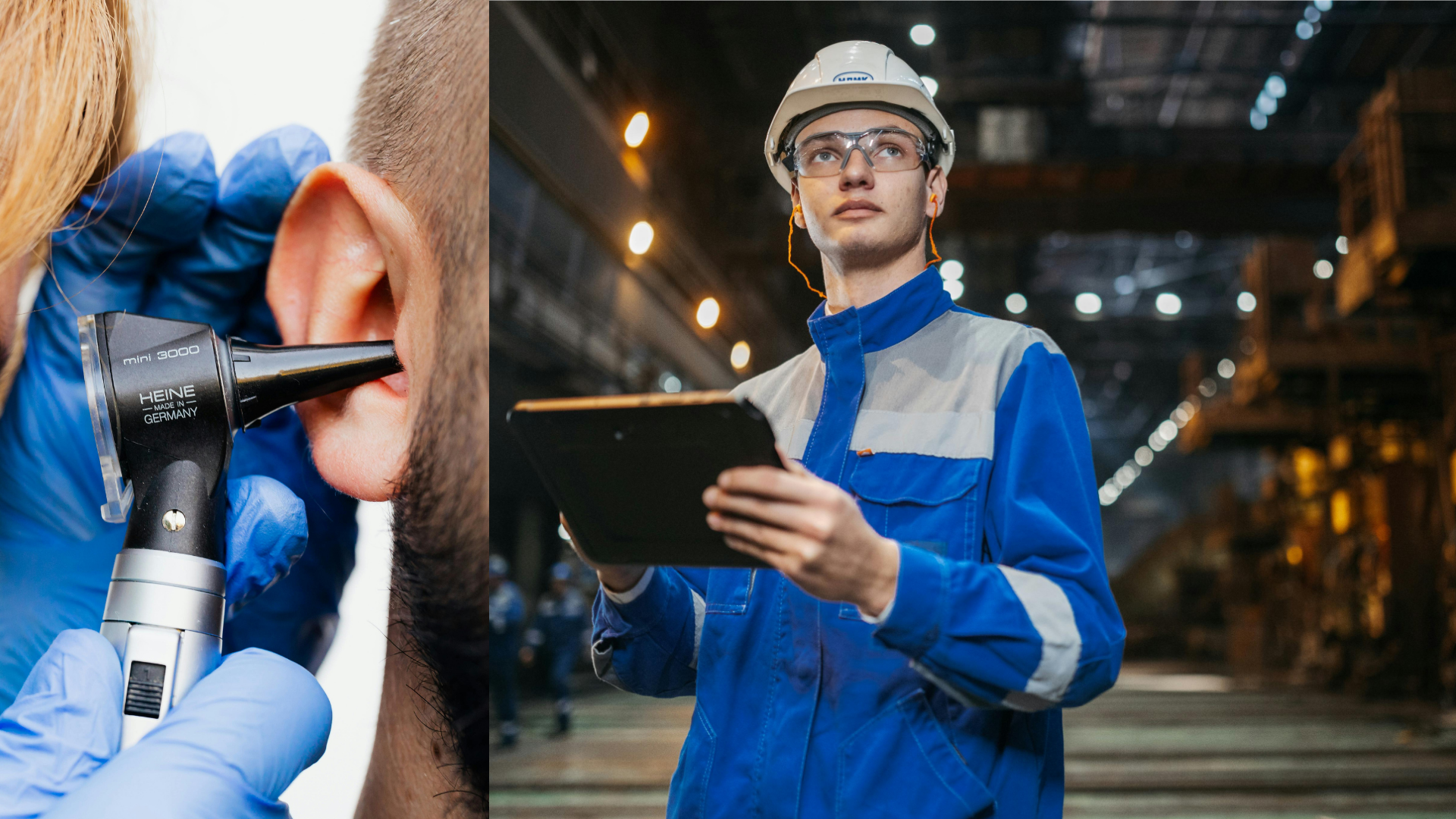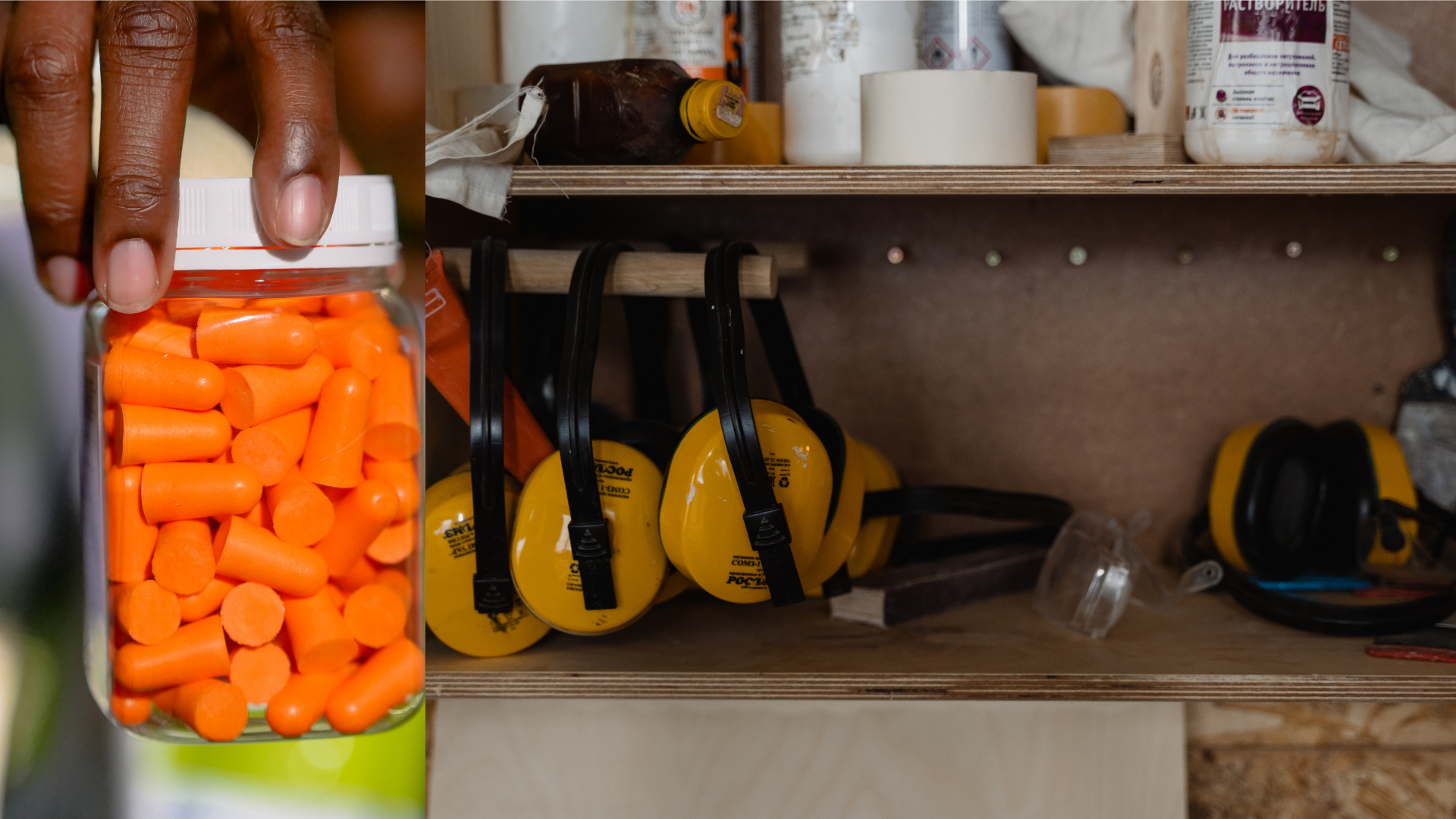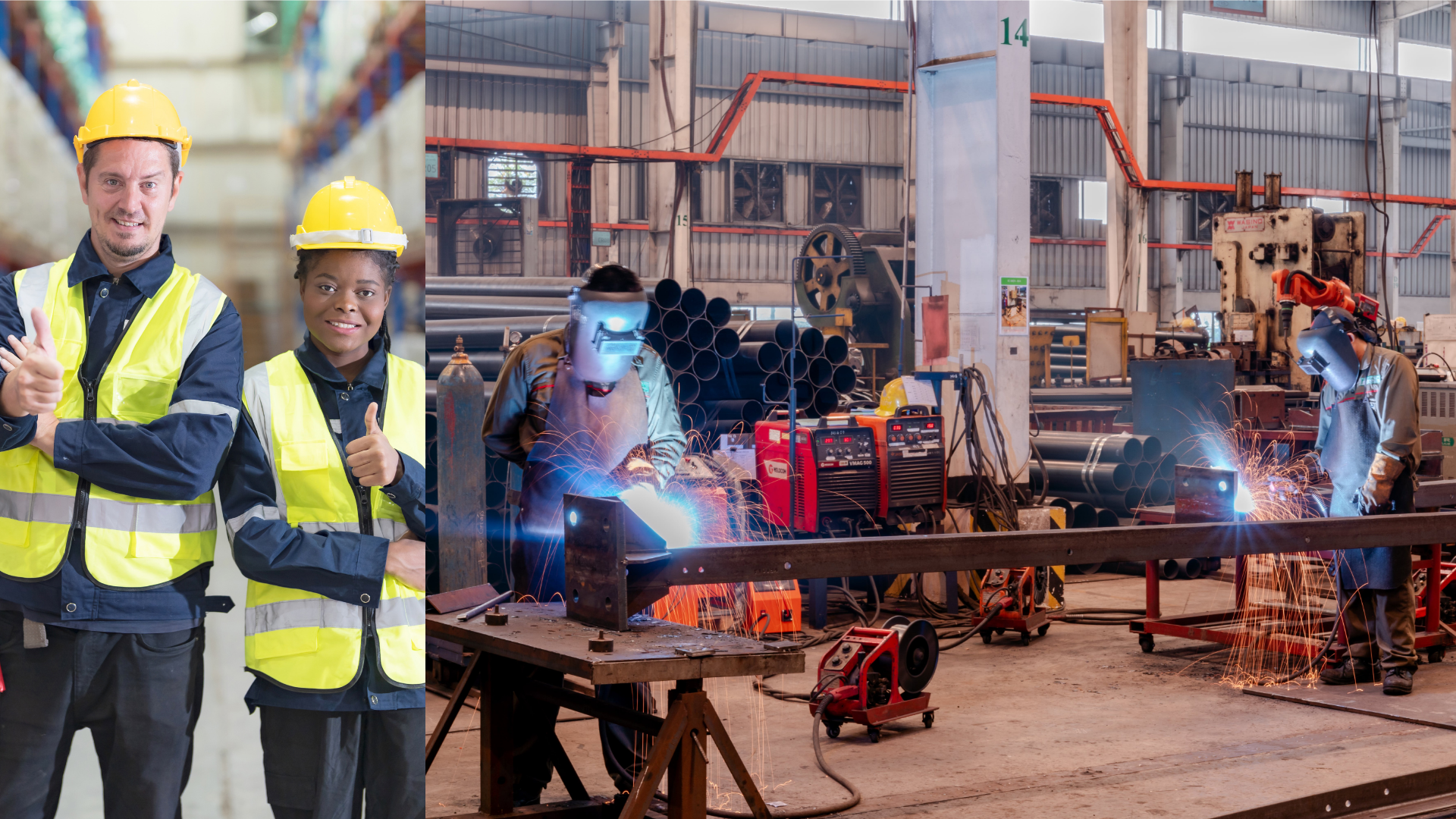Oregon Industrial Hearing Testing Guidelines
Many employers in Oregon may struggle to understand Oregon’s unique hearing conservation program requirements, from mobile hearing test guidelines to Standard Threshold Shifts follow up requirements.
Hearing STS and age correction
It’s a common misconception that Oregon does not allow for age correction when a standard threshold shift in hearing has occurred. The application of age correction to a hearing STS in Oregon is unique, and often overlooked by national industrial hearing test providers.
According to Oregon’s noise standard, age correction can be applied to the recordability of an STS. This means that the STS continues to be present, but not recordable according to Oregon OSHA. This ensures employees who have any kind of STS - whether age or noise related - still receive notification of their STS, as well as retraining in hearing protection.
When the Federal OSHA age correction rule is applied, the entire STS is disregarded, as it does not exist on paper. This means an opportunity is missed to intervene and protect what hearing is left, as there is no training, no employee notification, and no documentation. As time goes on, the STS will typically worsen, until it meets recordability requirements that no amount of age correction can fix.
Mobile van exemption in Oregon
The Federal mobile van exemption allows employers up to one year after an employee’s enrollment in the hearing conservation program to establish hearing baselines. However, it’s important to note that unlike many states, Oregon does not allow for this mobile testing exemption. Employees newly enrolled in the hearing conservation program in Oregon should receive their baseline hearing test within 6 months of their first noise exposure to be compliant.
Hearing test examiner requirements
Oregon also requires that industrial hearing tests be performed by either a physician or CAOHC certified technician. This applies regardless of the testing system used, or the equipment. If the examiner is not a physician or certified technician, the test can be considered invalid.
Five requirements in an Oregon OSHA hearing conservation program:
While different from other states in many ways, Oregon's general noise standards are very similar to the noise standards at a federal level.
1. Noise level monitoring
Noise levels in the workplace should be regularly measured and monitored for any changes that may occur, especially if they could change the employee's time weighted averages and exceed the 85-decibel action level.
2. Audiometric hearing testing
Industrial hearing tests must be performed within 6 months of an employee being enrolled in the hearing conservation program, as well as every year afterwards, to identify possible workplace related hearing loss.
3. Hearing protection
Employees in the hearing conservation program must also be provided with adequate hearing protection, as set out in the Oregon OSHA hearing conservation standards.
Confused by the vague requirements? Check out this guide on hearing protection!
4. Training & education for the employees
Employees who are in the hearing conservation program should receive annual training on the effects of noise and hearing loss, as well as the proper fit and use of hearing protection. This is also required if they have undergone a standard threshold shift.
Unsure what to do next if there is an STS? Reach out today!
5. Recordkeeping
Oregon noise standards state that noise exposure measurements should be maintained for at least two years, while hearing test records of an employee should be maintained for the employee’s duration of employment. These records should also be available upon request of the effected employee, but notification is required in case of an STS.
Hearing conservation in Oregon: the bottom line
Oregon’s unique hearing conservation requirements can be challenging to understand. Our thirty plus years of experience in hearing in the Pacific Northwest puts our expertise at your disposal, whether you are looking for an Oregon compliant industrial hearing service provider or simply want to make sure you are staying compliant.




